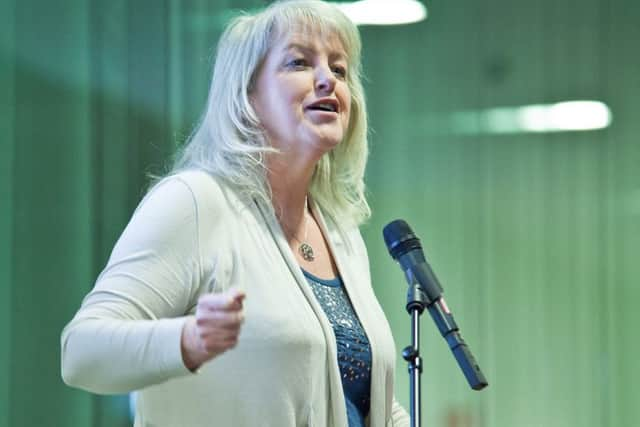Letters: Lesley Riddoch wrong to claim BBC fails to report pro-Scottish independence marches
They said: “I think it’s awful ... All the Russian propaganda TV channels are not working to provide information, but to provide hatred.”
Rather than echo these views and help a former First Minister of Scotland be less of a national embarrassment, Lesley Riddoch used her column in the Scotsman (Perspective, 13 August) to attack the BBC for apparently not reporting recent pro-independence marches. Of course, this is “Fake News” from Riddoch.


Advertisement
Hide AdAdvertisement
Hide AdA quick search finds that the BBC did report these events with headlines like “Independence supporters stage Glasgow march” and “Thousands take part in Scottish independence march in Inverness”.
Bizarrely, Riddoch also spends a good deal of her article defending the pro-SNP Government blogger Stuart Campbell aka Wings Over Scotland.
This is a man who makes a lucrative income out of using the worst kind of language to attack those who dare to question the SNP.
Lesley Riddoch’s article shows us only one thing – hardcore nationalists in Scotland aim to move the public away from trusted news sources like the BBC and on to so called “alternative” media like Campbell and social media. In that domain, people like Putin thrive as they can control content to deliver their agenda.
Of course, the BBC News is not perfect but when looked at as a whole it does a pretty good job. That simple fact is why hardcore Nationalists don’t like it. They’d rather Scotland was a place where the media only reports good news about the SNP Government.
The problem is that this attitude results in the kind of news output people enjoy in Russia where, ironically, many turn to the BBC for their news.
(Cllr) Scott Arthur, Edinburgh
